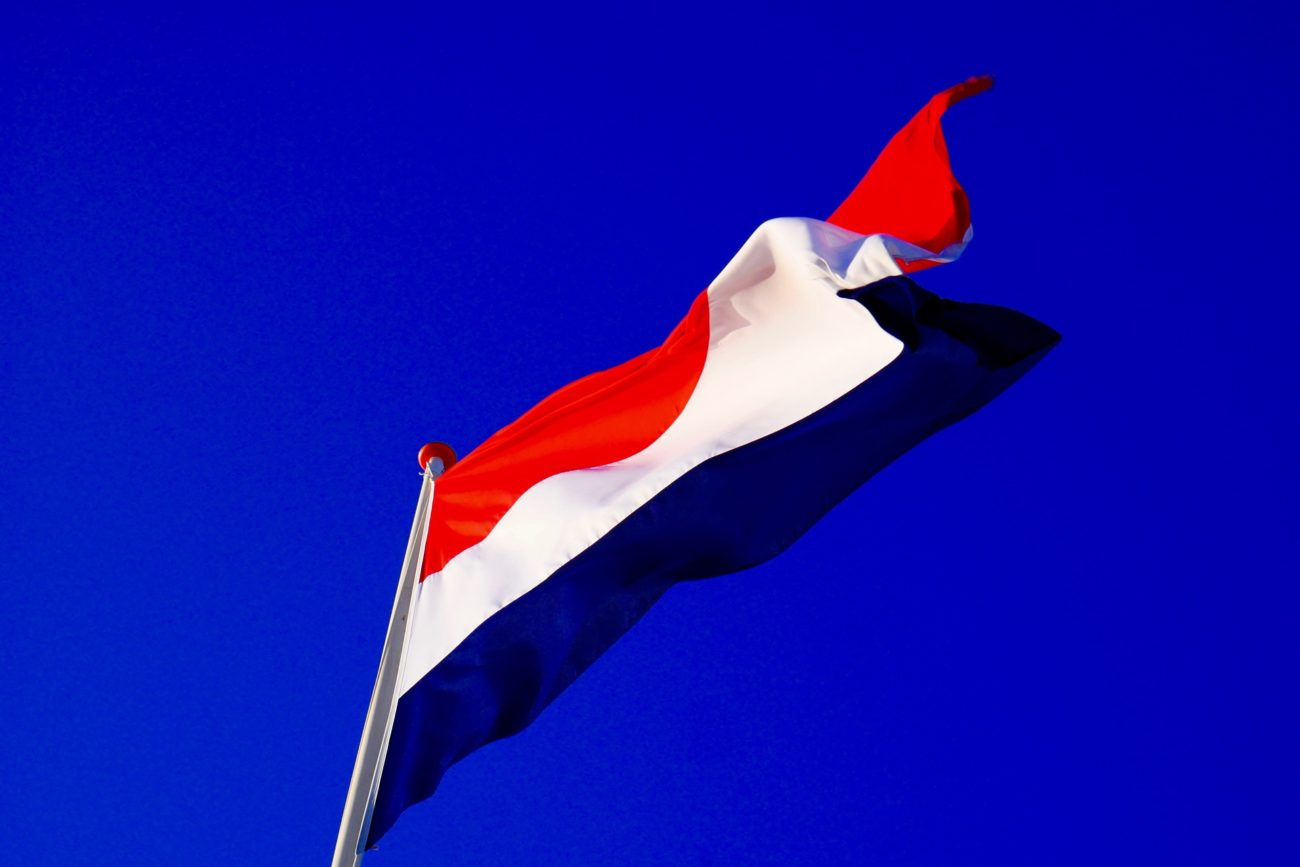Gambling
NOGA warns of black market risk from Netherlands slot ban

The Netherlands Online Gambling Association (NOGA) claims the Netherlands’ house of representatives’ vote to ban online slots and online gambling advertising is driving players to the illegal market.
As first reported by the Netherlands-based Casino Nieuws, on Tuesday (16 April) the Netherlands’ house of representatives voted to ban all targeted advertising. It also voted to prohibit “high-risk” gambling, which includes slots.
In addition to the two motions put forward by Socialist party MP Michiel van Nispen, further motions were passed for compulsory financial risk checks for gambling, as well as for identification.
Despite the vote, the ban still needs to be enshrined into law. The Netherlands’ minister for legal protection Franc Weerwind is now set to review and decide whether to approve the law.
NOGA labelled the moves “thoughtless and irresponsible”, while also warning Weerwind not to take irreversible decisions.
Peter-Paul de Goeij, the director of NOGA, said: “The house is trying to force a decision based on wrong figures, assumptions and unrealistic fears.
“Minister Weerwind has kept a cool head so far. We count on the outgoing cabinet and the cabinet to be formed to continue that sensible line and never jeopardise the protection of online players.”
NOGA: Bans will drive players to offshore operators
Previous attempts to entirely prohibit gambling advertising had failed before Tuesday’s vote. Earlier this year, a total ban on advertising related to gambling didn’t succeed following a motion from MP Derk Boswijk. However, Van Nispen’s new motion on advertising passed with 77 votes.
Meanwhile, the ban on online gambling with a “demonstrably very high risk” passed with 79 votes on Tuesday.
NOGA estimates that 90% of Netherlands’ players bet with legal providers. However, the association fears the new laws will drive bettors back into the illegal market.
NOGA is concerned that the new ban on advertising will confuse players as to whether they are playing with illegal providers.
“A majority in the house of representatives is taking an expensive gamble with online players who are now consciously opting for the legal offer,” De Goeij explained.
“If we soon find that politicians have made the wrong decisions too hastily, the house will be responsible for the negative consequences.”
Remote Gambling Act to be evaluated in 2024
The Remote Gambling Act is set to be evaluated by the Netherlands’ ministry of justice and security later this year.
However, NOGA and De Goeij claim there isn’t yet enough data for a suitably informed review.
“There is really not enough hard data to make sensible decisions at the moment, which is why a lot of research is now being done,” De Goeij added.
“Let’s wait for those results and then have a substantive discussion and make decisions that will protect online players as best as possible against problematic gambling and gambling addiction.”
The Netherlands’ existing gambling laws
The Remote Gambling Act evaluation hasn’t yet taken place. However, Weerwind has already pressed ahead with plans to attempt to protect players from gambling harms.
The Netherlands already has a ban in place on untargeted advertising, which came into effect in July 2023. Mass-advertising through channels such as television and radio was prohibited. Sport sponsorships were also banned, although the Netherlands is still undergoing a transitionary phrase for existing sponsorship agreements.
In October, Weerwind announced a national campaign aiming to combat digital fraud following concerns over online gambling crimes.
At the time, Weerwind outlined in a letter: “Everyone who wants to do so should be able to play a game of chance responsibly. But responsible gaming can turn into problematic gambling.”
Weerwind also introduced further measures in December 2023. Providers would be required to get in contact with bettors who set a deposit limit of at least €350 (£303/$386). Operators would be ordered to inform players of the associated risks of gambling in such financial quantities.
Additionally, CasinoNieuws reported that Weerwind introduced proposals such as showing financial amounts in euros. Weerwind also encouraged further research on overarching gambling limits.










